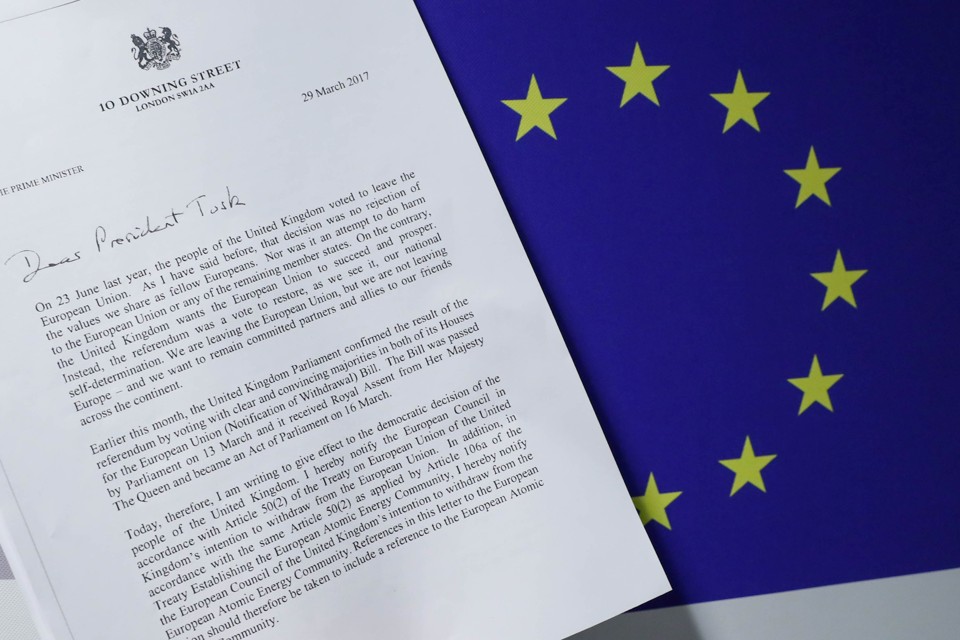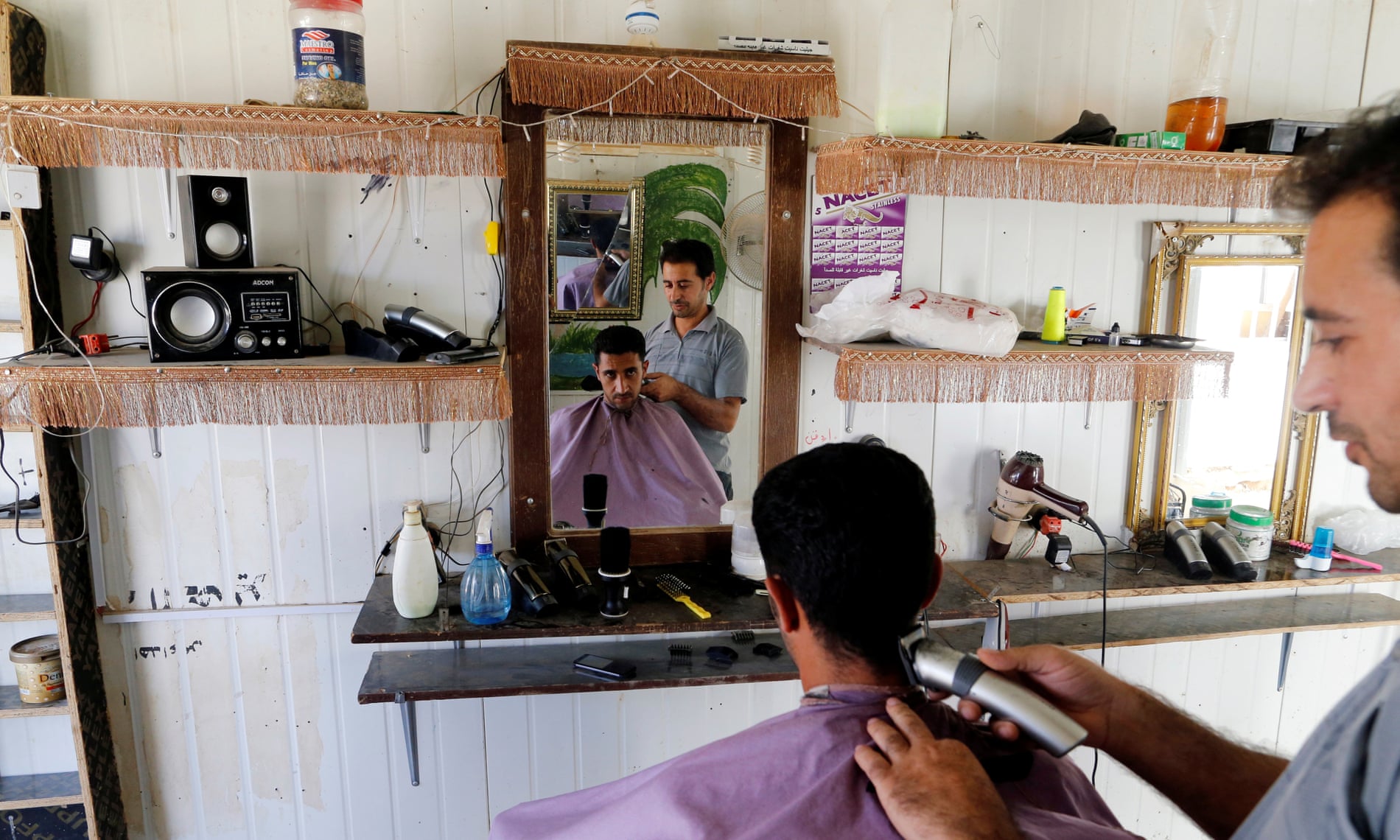By Hani Barghouthi
Since last December, members of 7iber’s team have been curating, on a weekly basis, articles that we find valuable and worth sharing with our readers. In an effort to provide a more diverse selection of media and delve into the world of international journalism, this will be the first in a new weekly roundup of pieces published in English, on both Arab and global media platforms. Here we go!
The New Arab published an in-depth study of the mental health issues that have resulted from “Israel’s” aggression against Gaza in the past few years. The article infers that when the dust begins to settle and physical destruction is remedied (or as near to remedied as possible under occupation), long-term consequences concerning mental health of those affected should be addressed. “In the past, the prevalence of depression and stress disorders have increased and then fallen as violence peaks and wanes, however since 2014, research by the PTC has noticed an alarming increase that deviates from the trend.”
British prime minister Theresa May pulled the legal trigger on Brexit, having signed the letter to invoke Article 50 of the Lisbon Treaty and officially begun the process for the UK’s divorce from the EU. What does all of that mean, and what happens next? This piece from The Atlantic’s Krishnadev Calamur does a great job of answering and analysing the most frequently asked questions about Brexit.
Regarding the EU’s potential response to the Brexit and what is expected of it during negotiations, Calamur says that “the U.K.’s negotiating hand is by definition weak. All the EU has to decide is the bill and the time of exit. The rest is altruism.”
This scathing article on Jacobin explores the contradictory relationship between the far right groups of Europe and the USA, and “Israel”, considering the often blatant anti-semitism in the far right but their unwavering support for “Israel”. The relationship can be summed up in this: “This ideology — that ethnicities should be separate and that minorities should be expunged — is precisely what is driving the alt-right. This allows us to understand why the alt-right can simultaneously hate Jews and love Israel. The alt-right is fine with Jews, as long as they’re over there, far away from the United States.”
This past week saw not one, but two incidences related to foreign domestic workers in the Arab world. A Jordanian media figure posted some very problematic pictures on Snapchat, parading a group of workers and essentially asking her followers which one to hire (read: buy), and a Kuwaiti woman stood by and filmed as her domestic worker struggled to hang onto a windowsill in order not to fall, rather than help her. While people responded with outrage to the incidents themselves, there were few criticisms directed at the structurally racist systems that allow such incidents to happen, according to writer Diana Alghoul, who wrote an article in the Middle East Monitor questioning Arab feminism’s lack of intersectionality and complete disregard of poor and non-Arab women.
“By continuing in the way it is, mainstream feminism in the Arab world is doing nothing to hold governments to account regarding the systematic abuse of poorer and non-Arab working women, and therefore risks losing its credibility as a feminist movement.”
Finally, Paul Collier and Alexander Betts use countries that have accepted refugees from Syria (including Jordan, Lebanon, and EU countries) as cases for a study published in The Guardian’s Long Read section, detailing why they think denying refugees the right to work is economically unsound. They also argue that looking at refugees from a purely humanitarian angle and ignoring economics, which as a result makes work permits either impossible or almost impossible to obtain is disastrous in its own right. Not only that, but it goes on to infer that if work permits became readily available and systems were put in place that allowed refugees into the workforce, it would be beneficial for them (naturally), for their host countries, and for their own countries in the future.
“Every approach should involve promoting empowerment through the right to work, the role of public-private partnership, and the recognition that refugees need to be understood as much in terms of development and trade as humanitarianism, and that deals should be based on the principle of mutual gain.”




